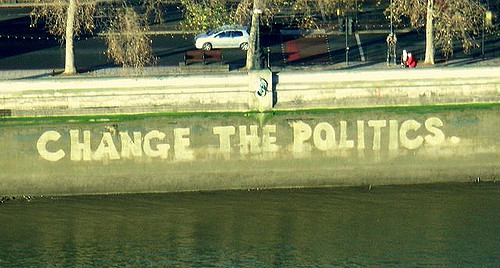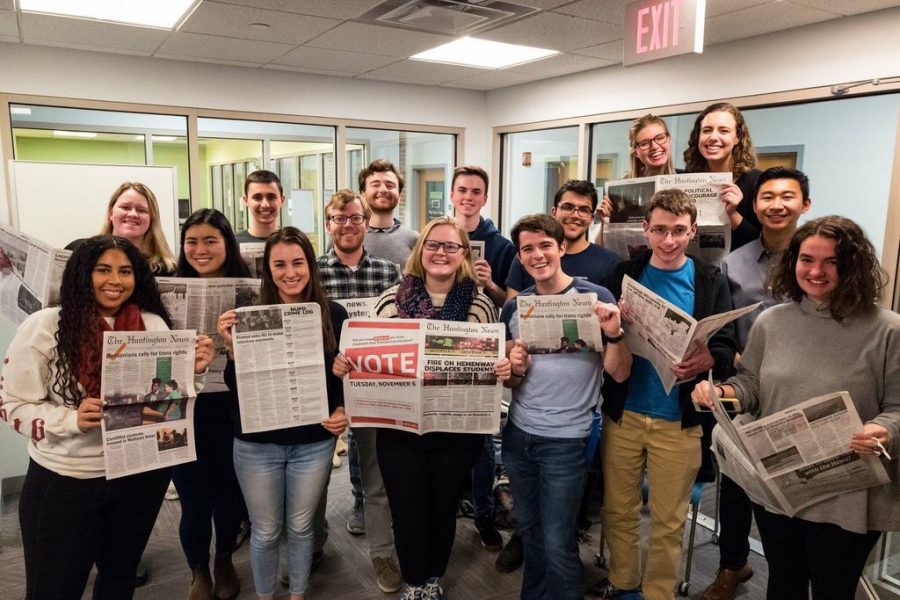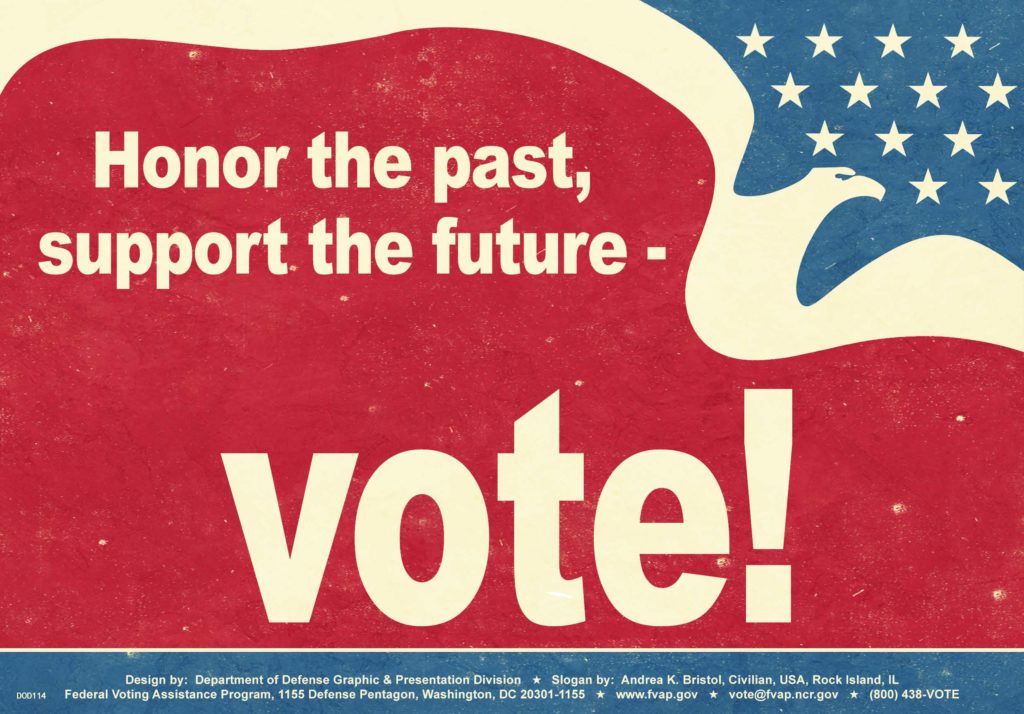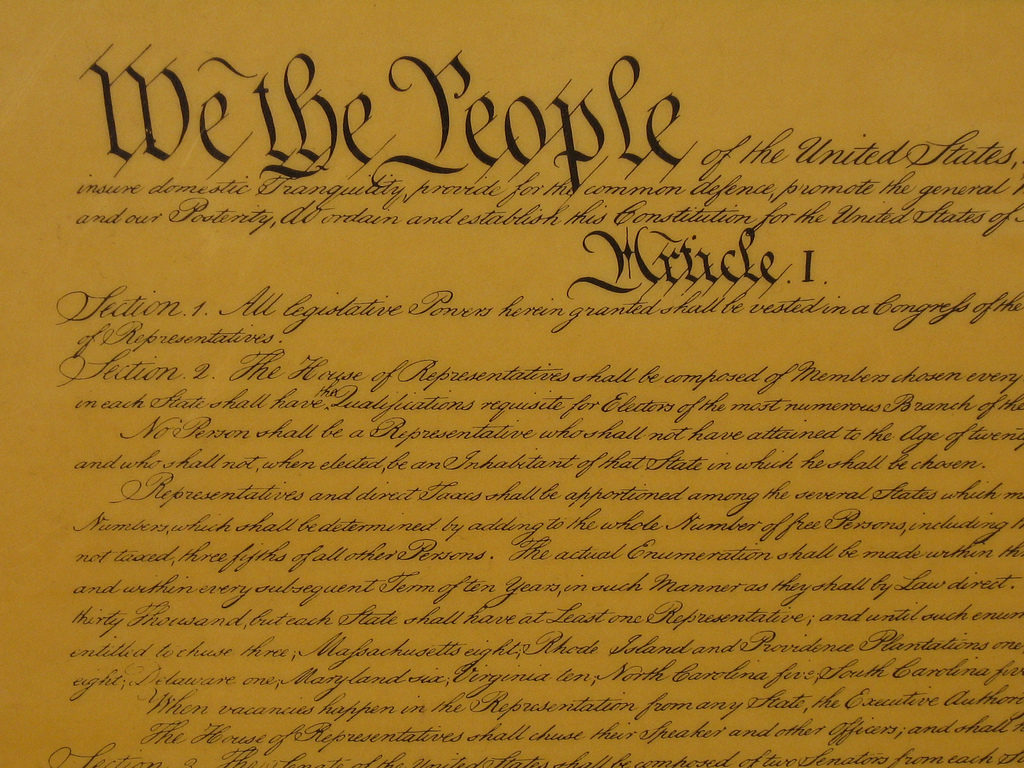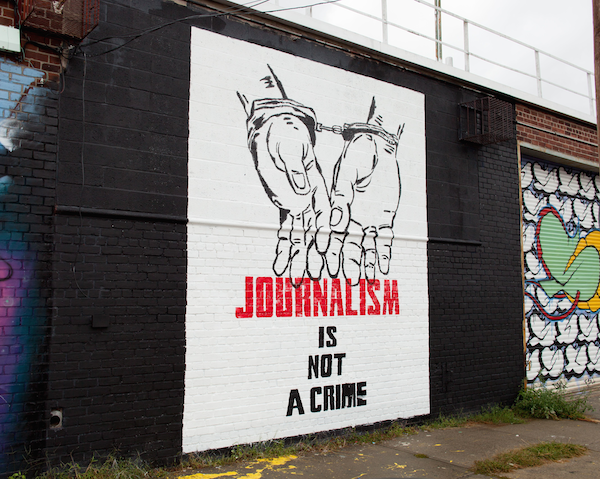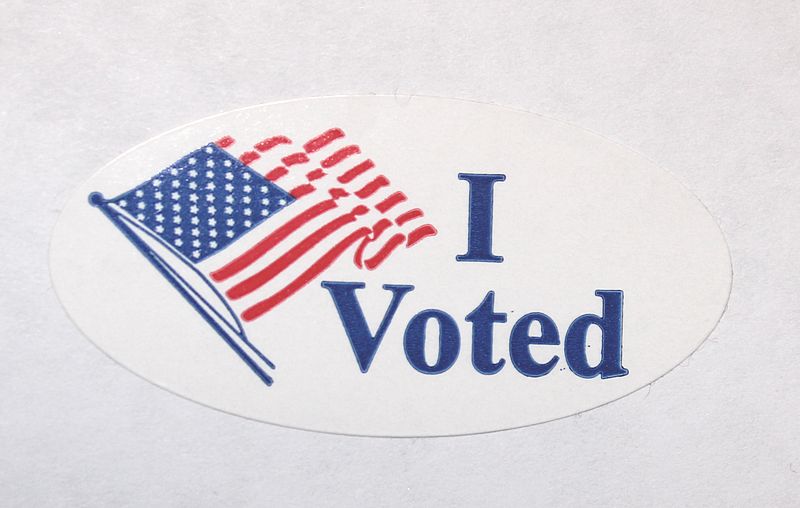The United States is at an ideological tipping point.
According to a 2016 report from the Pew Research Center, today, 93 percent of Republicans are more conservative than the average Democrat, while 94 percent of Democrats are more liberal than the average Republican. Two decades ago, those numbers were much smaller: 64 percent and 70 percent, respectively.
In 2014, Pew released a report revealing that the overall share of Americans who express consistently conservative or consistently liberal opinions has doubled over the last 20 years, from 10 percent to 21 percent. According to Pew, moderate Americans are relatively disengaged from politics. The most politically polarized are more actively involved on measures like primary voting, writing letters to officials and donating to campaigns.
Meanwhile, the Pew report says, the center has shrunk: Around 39 percent of people took a roughly equal number of liberal and conservative positions at the time of the report, down from 49 percent in 1994 and 2004.
With the drastic increase in political polarization and the divisiveness of this year’s presidential election, the socio-political climate in the U.S. seems more precarious than ever. Many Americans have even expressed fears of violence erupting after the election.
“A range of scholars who study everything from civil wars to the history of the Ku Klux Klan each expressed deep concern about potential consequences ranging from murders at polling booths to the rise of a new racist terrorist movement to the weakening of the long-term stability of the American political system,” according to Vox.
This was fueled by a comment Donald Trump made last month at an Ohio rally, which went viral almost immediately.
“Ladies and gentlemen, I would like to make a major announcement today,” Trump said, according to the Washington Post. “I would like to promise and pledge to all of my voters and supporters and to all of the people of the United States that I will totally accept the results of this great and historic presidential election — if I win.”
He went on to say that he “would accept a clear election result,” but the damage had already been done. The fear of violence is real, and we should do everything in our power to avoid that reality.
That said, this race truly has been illuminating when it comes to how political parties function. Both sides erupted when WikiLeaks published emails in July revealing the Democratic National Committee (DNC) had essentially conspired against Sen. Bernie Sanders (I-Vt.), according to the Huffington Post.
The way both sides have operated over the last 19 months, since April 2015 when Hillary Clinton announced her candidacy, has highlighted the importance and pitfalls of democracy itself. On the Democratic side, one could argue that the DNC’s conduct suggests an undermining of democracy. On the Republican side, democracy has hopped aboard the populism train and resulted in one of the most unpopular presidential candidates in American history.
Both major parties are in the midst of two separate identity crises. It may be more obvious in the Republican Party, starting with 17 presidential candidates, according to FiveThirtyEight, but it exists in the Democratic Party, too, as evidenced by the leftover “Bernie Bros.” Even some voters who are typically consistently conservative or liberal have defected to Gary Johnson or Jill Stein.
This isn’t about the Nov. 8 election, though. It’s about revisiting our governmental processes as a whole. It’s about voting and placing trust in our elected officials. It’s about becoming more actively engaged in politics, as the most extreme right and left are dominating the field right now. If you would consider labeling yourself a moderate, please also consider making your voice louder. It would be valuable to the political conversation.
Finally, it’s about listening to each other, both at the governmental level and the personal. The ideological split between Congress and the White House has never been more egregious. The fact that the number of people with a highly negative view of the opposing party has more than doubled since 1994 is alarming at best. Whatever happens on Nov. 8, take this race as a lesson, and help the nation reevaluate its priorities.
Photo courtesy Joanna Penn, Creative Commons


